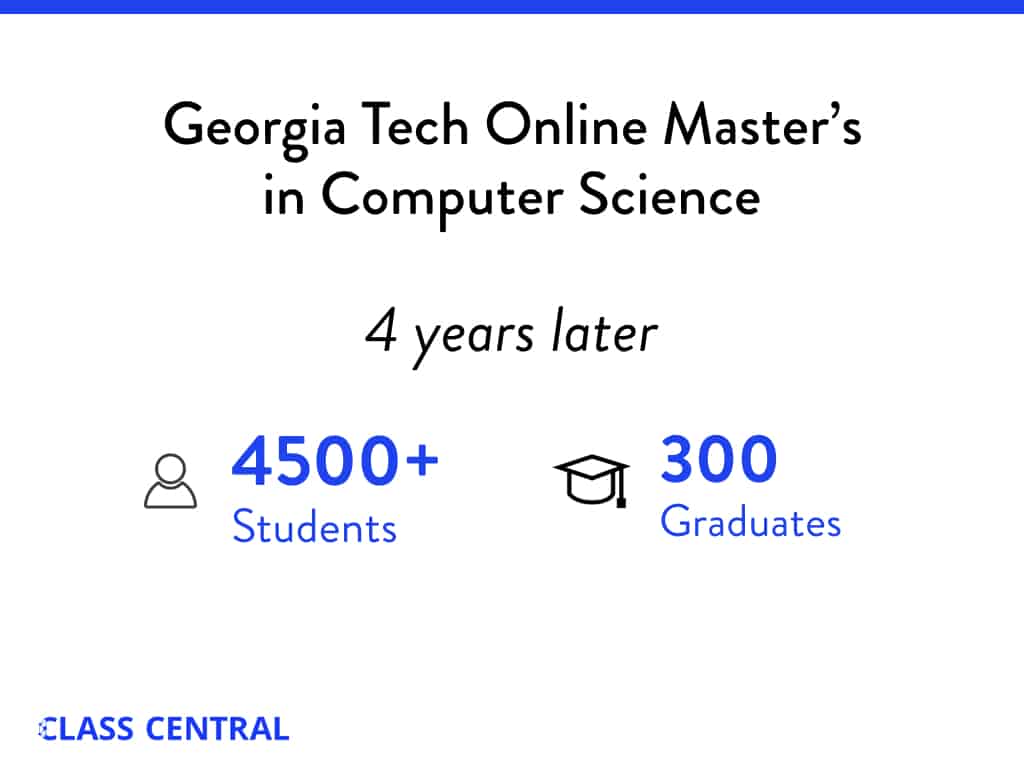FutureLearn and Coventry University to Roll Out 50 Online Degrees
Last year Deakin University announced a similar partnership with FutureLearn; we also analyze other programs already in the space
Coventry University has chosen FutureLearn, the UK-based MOOC provider, as its partner to launch online postgrad degrees. The university will launch 50 completely online degrees in the next 5 years, the first of which will launch in early 2018.
Postgraduate programs across business and law, health and life sciences, and engineering disciplines will be amongst the first degrees to be launched. So far Coventry University has not launched any MOOCs on the FutureLearn platform.
Related
- 9 Legit Master’s Degrees You Can Now Earn Completely Online
- Coursera Launches Two New Masters Degrees, Plans to Offer Up to 20 Degree Programs
- Georgia Tech and edX Announce an Online Master of Science in Analytics Degree
FutureLearn and Australia’s Deakin University announced a similar collaboration last year. So far Deakin University has announced seven postgrad degrees.
At the EMOOCs conference Simon Nelson, CEO of FutureLearn, stated that he sees FutureLearn not just as a MOOC provider but as “a catalyst and an enabler of our partners digital transformation.” This sentiment seems to be shared by Coursera, which has also announced four MOOC-based Masters degrees and plans to offer up to 20 MOOC-based degrees by 2019.
The first MOOC-based Masters degree was announced by Georgia Tech and Udacity back in 2013, and was dubbed OMSCS — Online Master of Science in Computer Science. More than 4,000 students are enrolled in the OMSCS, and around 300 students have graduated.

The OMSCS degree cost less than $7k. Earlier this year edX announced a similar partnership with Georgia Tech to launch an MS in Analytics degree. This degree would cost around $10k.
But outside of Georgia Tech, other universities want to charge significantly more for their online degrees (as shown in the table below). These MOOC-based degrees might be cheaper than the on-campus counterparts, but they are still pretty pricey.
| Degree | Provider | University | Cost |
|---|---|---|---|
| MS Computer Science | Udacity | Georgia Tech | $6,600 |
| MS Analytics | edX | Georgia Tech | $10k |
| MBA | Coursera | University of Illinois | $22k |
| MS CS Data Science | Coursera | University of Illinois | $19.2k |
| MS Accounting | Coursera | University of Illinois | $27.2k |
| Masters in Innovation and Entrepreneurship | Coursera | HEC Paris | €20k |
| Cyber Security (Masters) | FutureLearn | Deakin University | £24k |
| Development and Humanitarian Action (Masters) | FutureLearn | Deakin University | £24k |
| Professional Practice: Information Technology (Masters) | FutureLearn | Deakin University | £24k |
Generally, universities used to partner with OPM providers (Online Program Management) to launch an online version of these degrees. MOOC providers like Coursera and FutureLearn are aggressively trying to get into a market.
2U, a publicly listed company that helps universities put their degree programs online, currently has 45 such degrees. 2U made $205.9 million in revenue in 2016, an increase of 37% over its 2015 revenue. Given the MOOC providers’ existing relationships with universities, it makes financial sense to partner with them to go after this lucrative market.







George Patsoulis
I would expect Coventry degrees to cost below 10k to make any sense
David Murphy
Why?
George Patsoulis
that is the value of their degrees
David Murphy
The Open University has been doing online degrees for decades – started as correspondence and now online. High fees but has much better staff to student support than the average MOOC